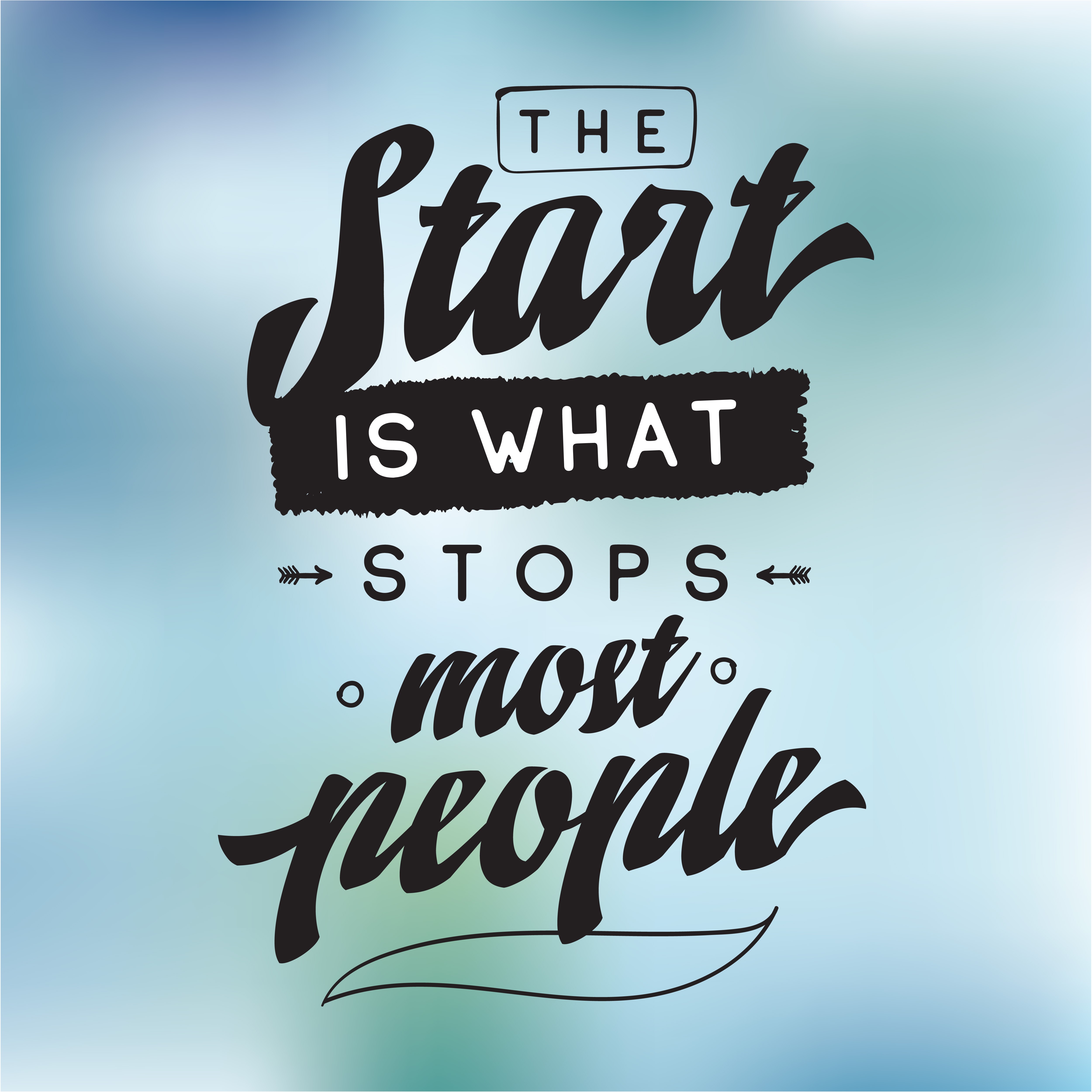It was a familiar scene. I had so many things to get done that I didn’t know where to even start, which made me avoid tackling the mountain of tasks altogether until I could no longer delay the ascent. Naturally, I started with the most practical thing: replying to an Instagram message for just one minute so I could be 100% focused while being productive. (This is responsibility at its finest.)
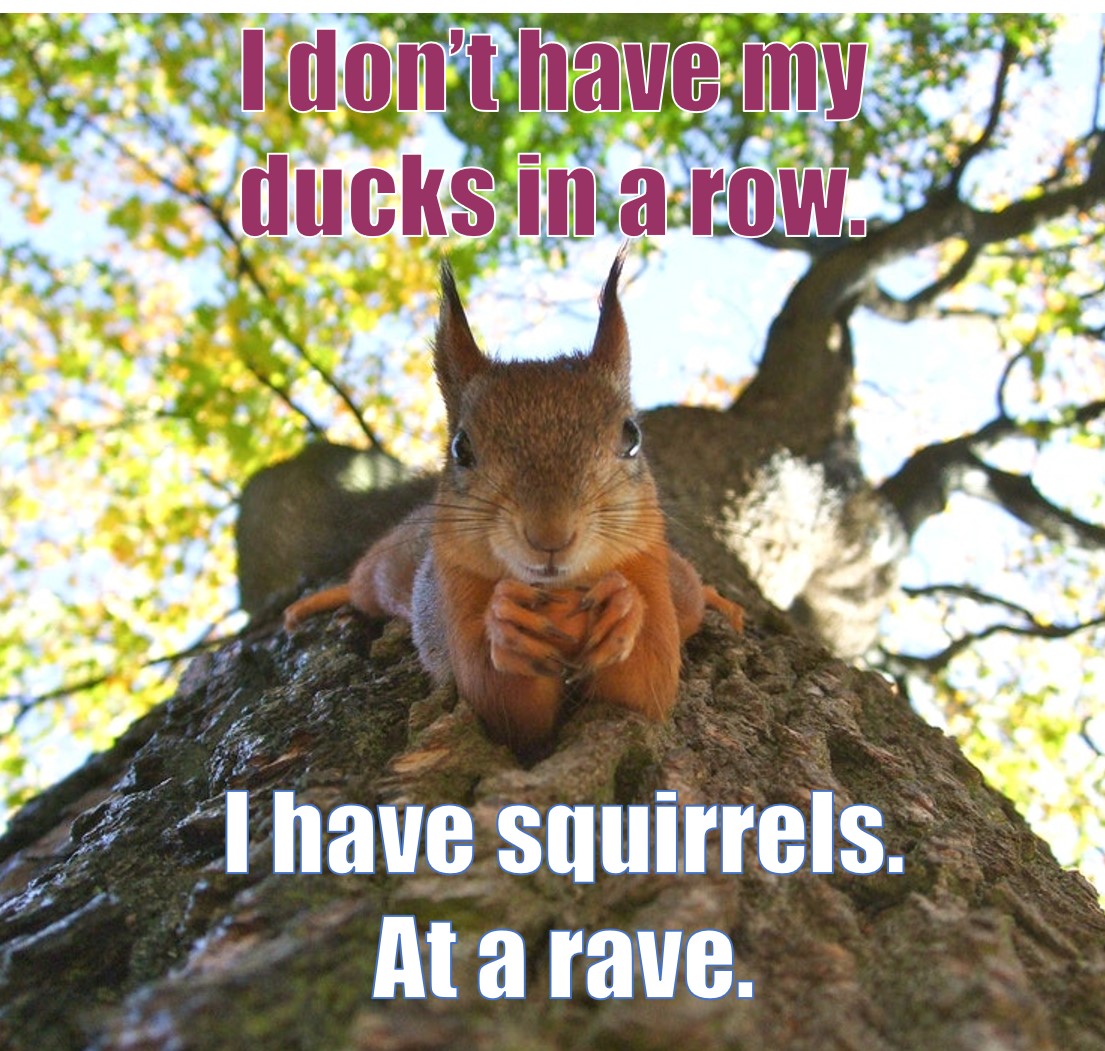
One fall down a gaping rabbit hole later, I felt panic as the To-Do List mocked my procrastinating. Out of desperation to feel even slightly accomplished, I scribbled “MAKE TO-DO LIST” for the last bullet point on the actual To-Do List, just so I could triumphantly cross off something with gusto. Ha! Not so smug now, are ya, Mr. To-Do List???
As I started whirling around the house, I caught myself starting one task, getting distracted by another, then moving on to whatever else was hollering for my attention before anything got fully completed. Now, not only was my house definitely not clean (To-Do List item #3: so long, old pal) but half of my closet had been catapulted around my room as I “decluttered” by trying on old college shirts to figure out if any still sparked joy. (Spoiler Alert: They did not. Because CLEARLY they had shrunk while sitting in the back of my closet.)
At this point, I wondered if I should chuck the To-Do list and head to the gym immediately. Or perhaps I should clean up the closet monstrosity later and start Marie Kondo-ing the basement while I had the donations bag started. It’s then that I realized an entire hour had gone by and the only thing I had accomplished was making a mess the size of Texas.
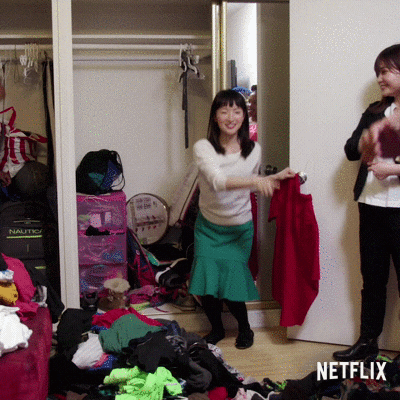
Surrounded by LADY VOLS t-shirts, I fortunately remembered a trick that I learned as a teacher for my elementary students about prioritizing what assignments to do first. (I don’t know who came up with this concept, but whoever did is a genius.)
Whenever my students had independent time, I taught them to first choose a task from the “Must Do” shelf, handily labeled with a Mustard bottle. This assignment was usually a required math or reading skill that we were practicing.
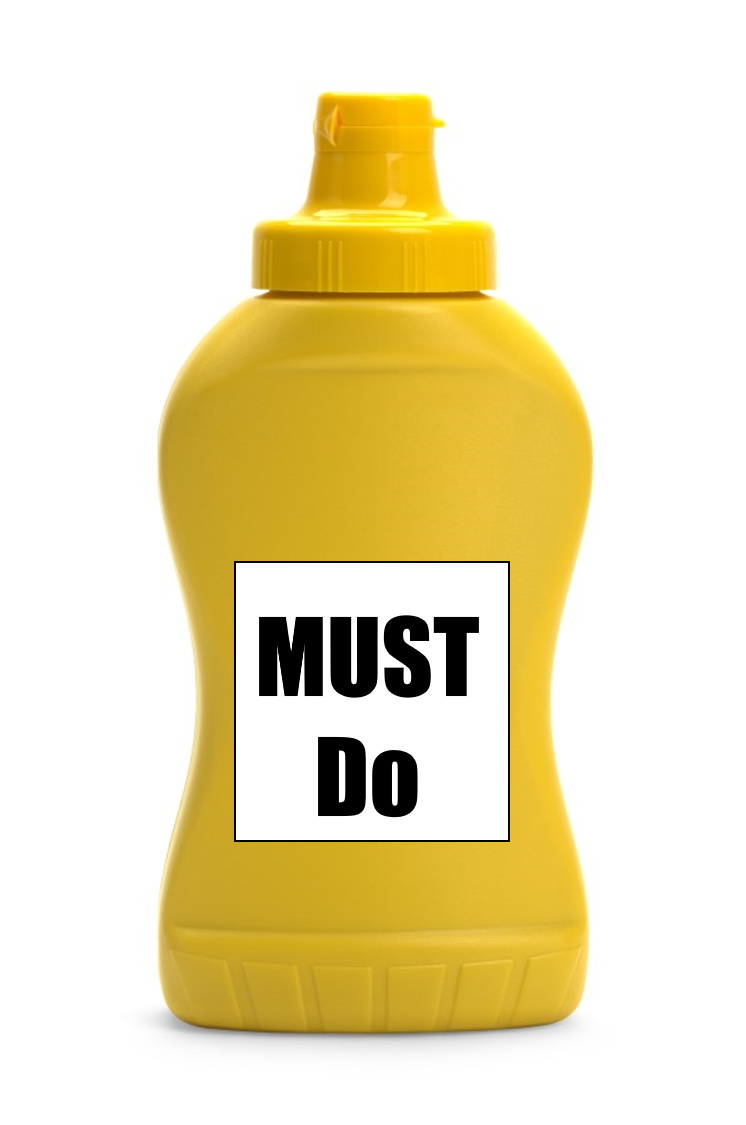
Once they finished that task, they could move on to the choices on the “May Do” shelf, labeled with a Mayonnaise bottle. Usually, these were educational games that reinforced whichever skill they were learning.
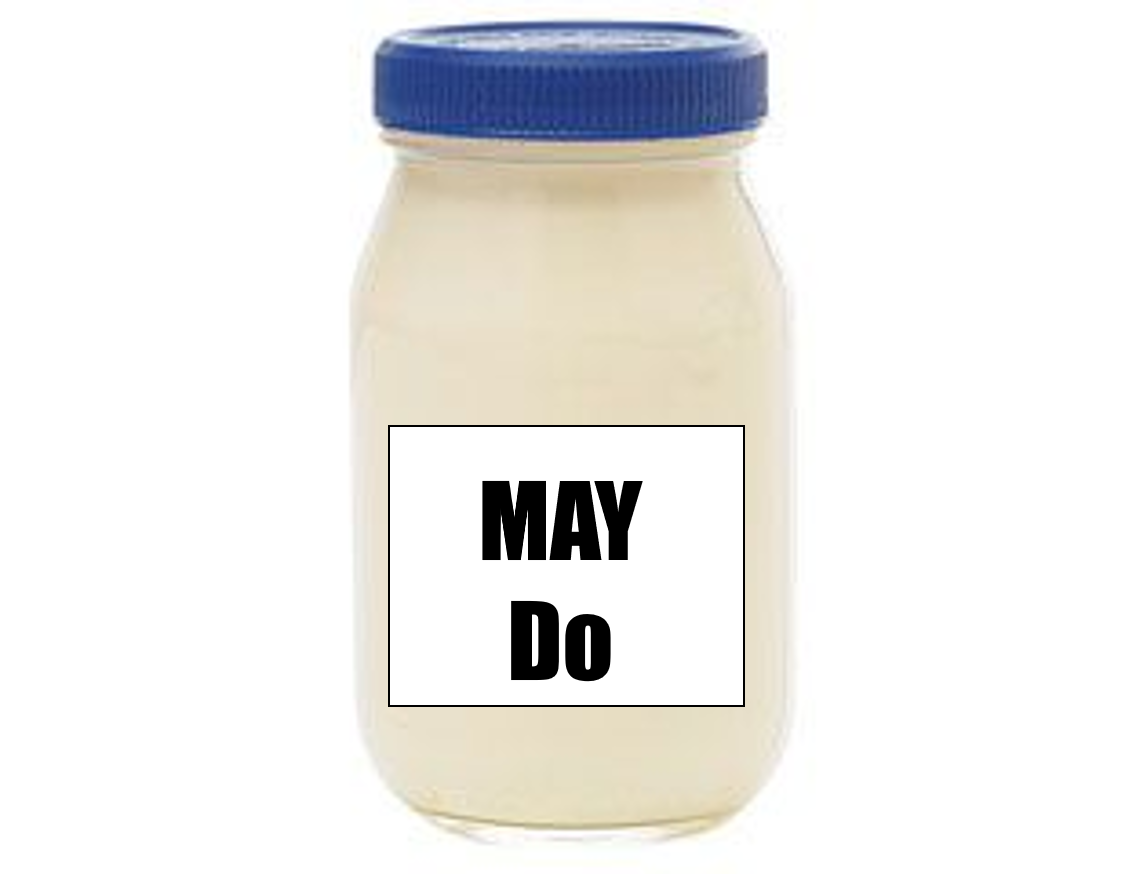
If they finished both the MUST-Do and MAY-Do assignments and still had extra time, they could do “Catch Up” work, which was usually a fun worksheet from their KETCHUP folder. This consisted of work they hadn’t yet completed from a previous unit.
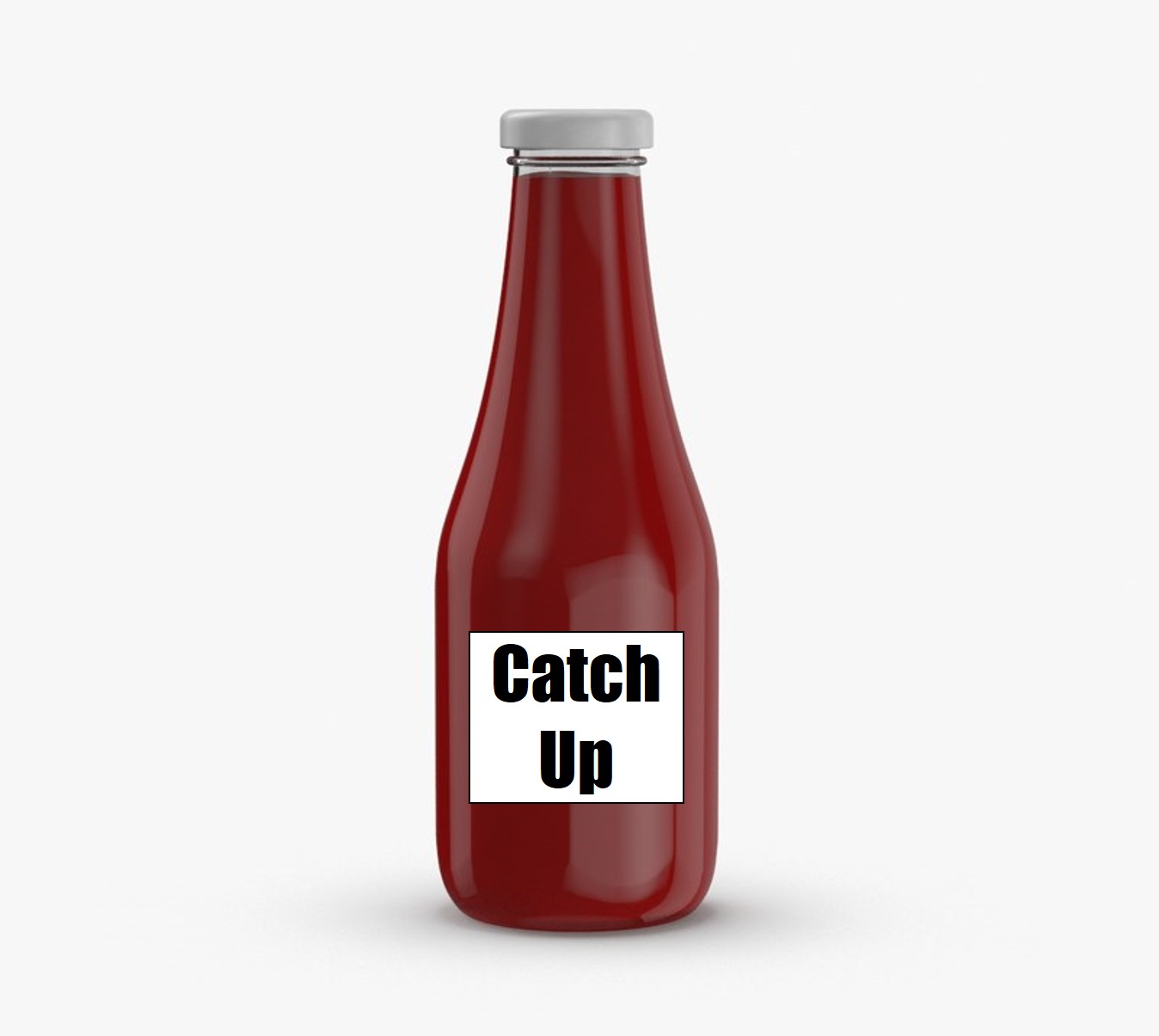
Not only did this system help kids learn accountability, it allowed me to work one-on-one with other students without constant interruptions like, “Mrs. Richardsonnnnnn!!!!!! What should I do next?!?!” By the end of the year, they were incredibly self-sufficient and knew how to manage their time well. Clearly, I needed to be more like my second graders.
In the midst of my closet tragedy, I re-evaluated my To-Do List. Rather than starting on whatever happened to be the first item, I scanned the list and started with what absolutely had to be done first, or the MUST-Do tasks. I responded to some timely work emails and ordered a birthday present for my niece on Amazon Prime so it could arrive on time before her party, which most certainly was not only 48 hours away by that point.

Once those were done, I moved on to the May-Dos. I got my closet situation taken care of so we were no longer living in squalor and dropped off the donations bag so they didn’t just sit in the back of my car. Then, I went for a run and made some dinner, feeling literally and figuratively lighter to not have those tasks hanging over my head.
Finally, I got caught up on a few “Ketchup” items: I finished more work for the following week and planned fun activities for our family, which helped me go into the weekend feeling ahead of the game.
Once all of those were done, my house and my mind both feel tidier, leaving me feeling refreshed and not like I was frantically paddling under the water’s surface like a spazzy duck.
It turns out that not only are condiments great for summer barbecues, they also have excellent organizational associations. Who knew they were so multi-talented?
